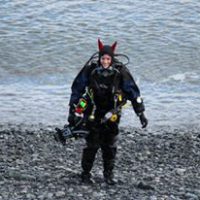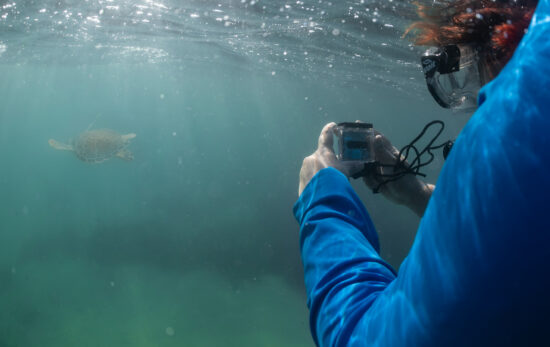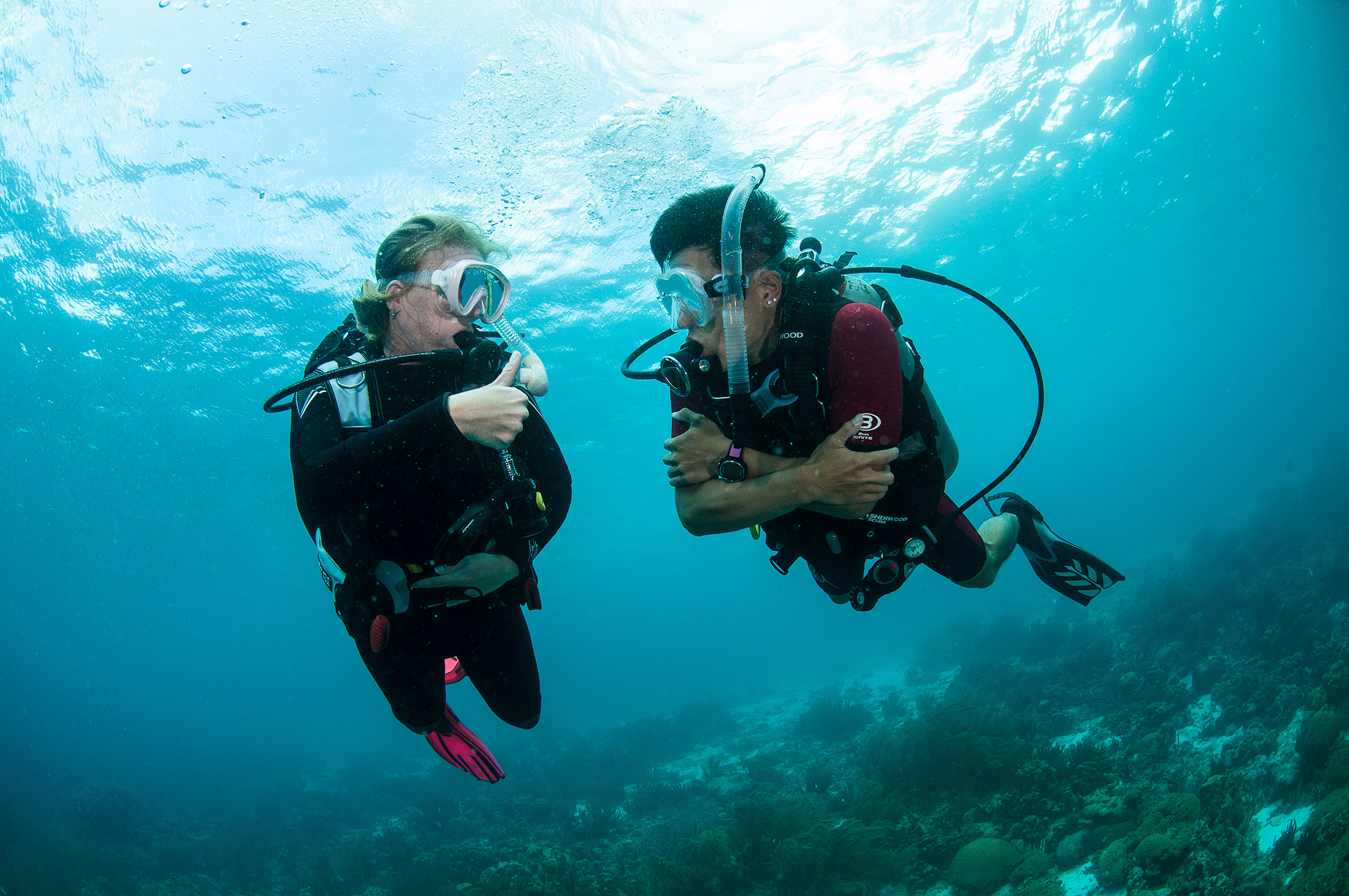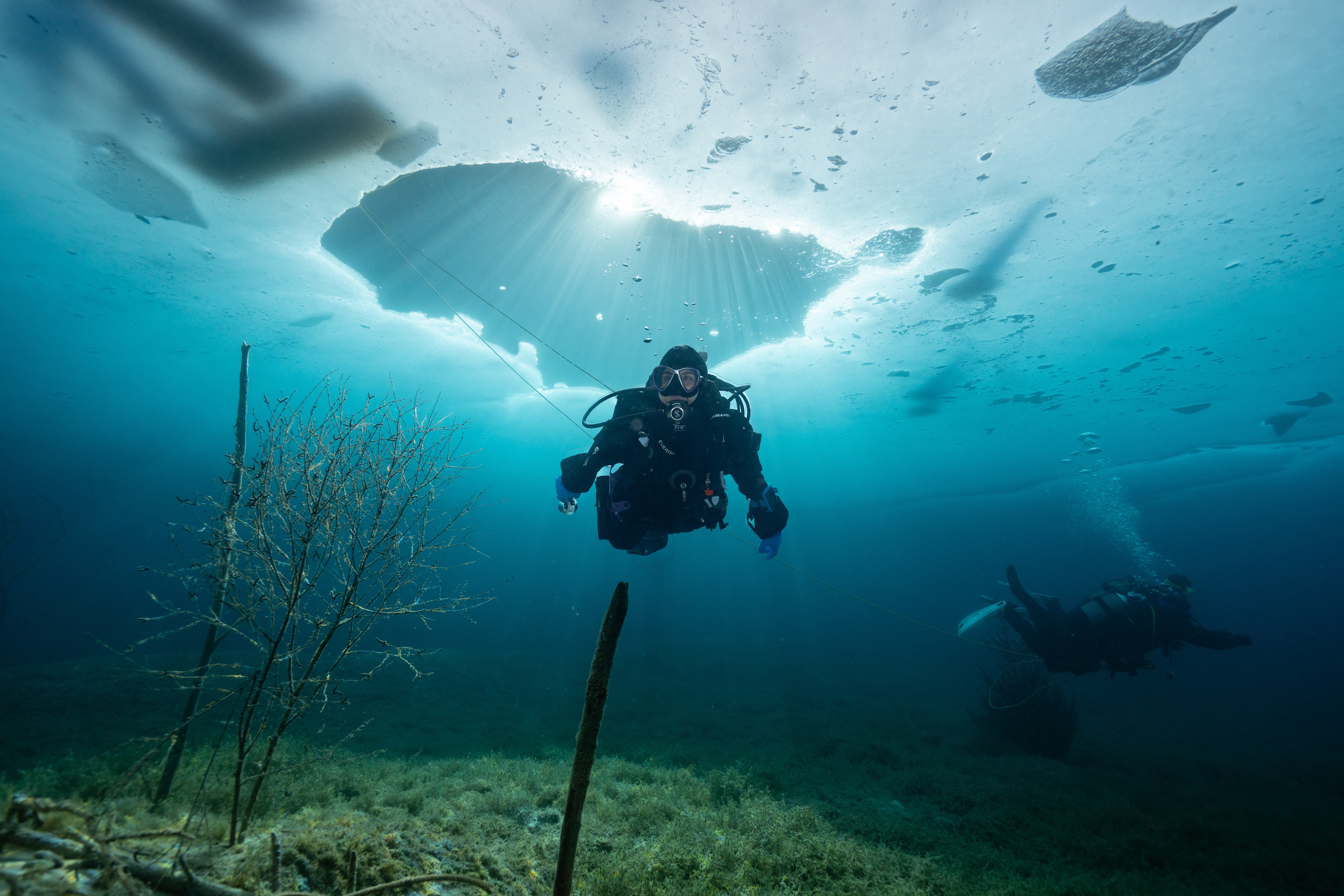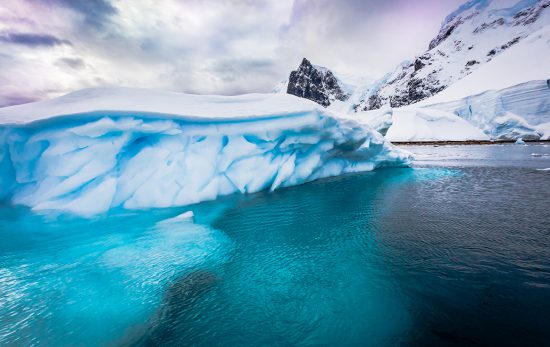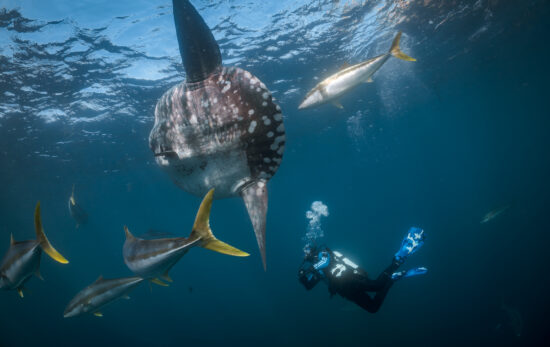Water. H₂O. Aqua. It’s essential for all life – not to mention scuba diving, snorkeling, and freediving! There’s so much to learn beyond basic water facts, and the deeper we dive into aquatic mysteries, the more fascinating it gets. For instance, do you know:
- How water came into existence?
- Fun facts about water in space?
- Why we need water?
- Facts about water in your body?
- Would water sink or float?
- How to save water?
In this blog, we’ll share some interesting water facts from around the world, important water facts and figures, and a few weird things about water that might surprise you.
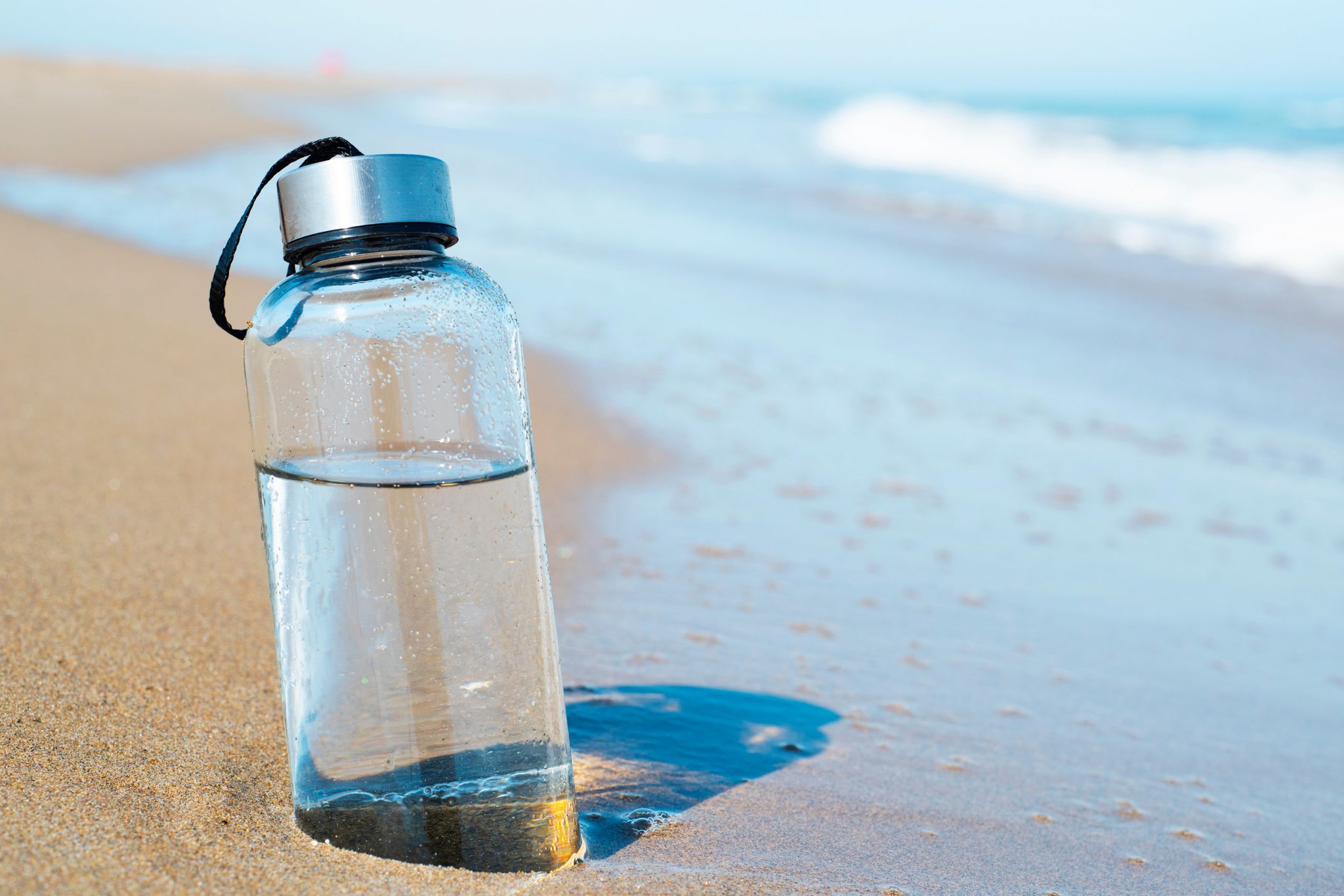
What Is Water?
In simple terms, each water molecule is made of two hydrogen atoms connected to one oxygen atom – giving us the well-known formula, H₂O.
Water is clear, odorless, and tasteless. Any smell or flavor comes from other things dissolved in it, like salt in the sea, chlorine in pools, or minerals in drinking water. During our dives, the clarity of water (visibility) can be affected by depth, light, and plankton.
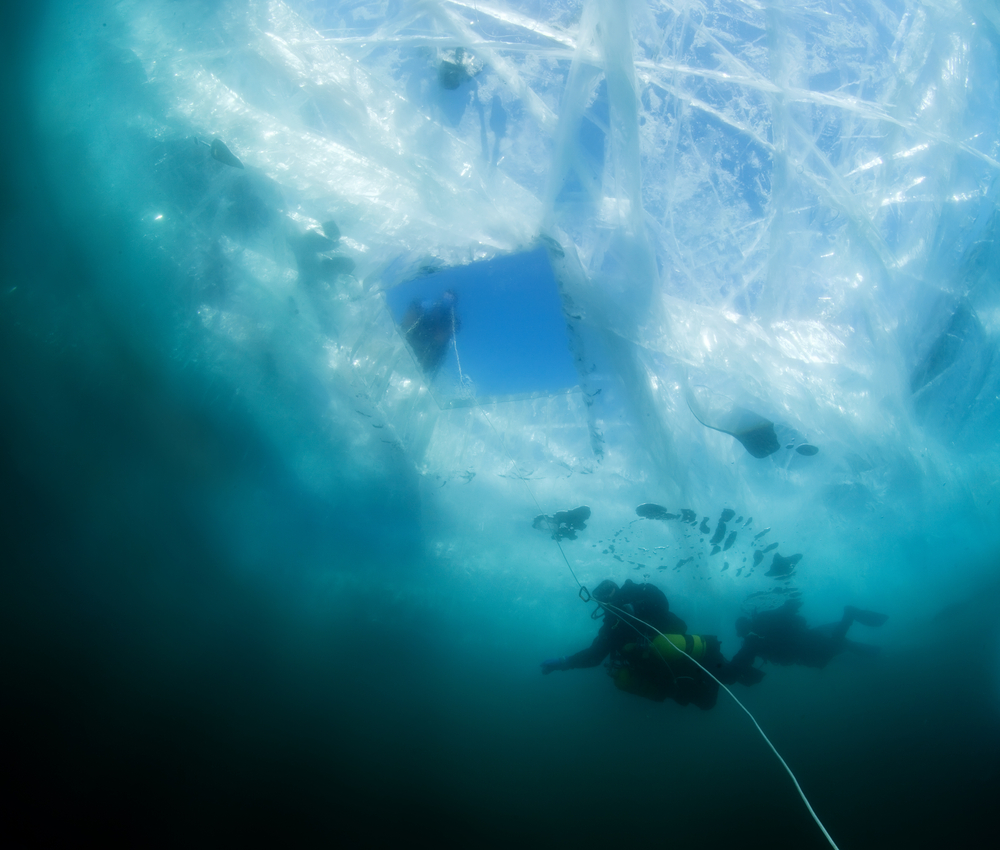
Water Is a Shapeshifter
Water is the only substance that exists naturally in all three states of matter: liquid, solid (ice), and gas (vapor). Temperature or pressure changes cause water to shift between these forms, and this is crucial to Earth’s water cycle (more on that later).
As divers, we usually connect with water in its liquid form, whether we’re exploring oceans or hydrating between dives. However, solid water also creates exciting cold-water backdrops, from snow-capped mountain vistas to ice-diving adventures.
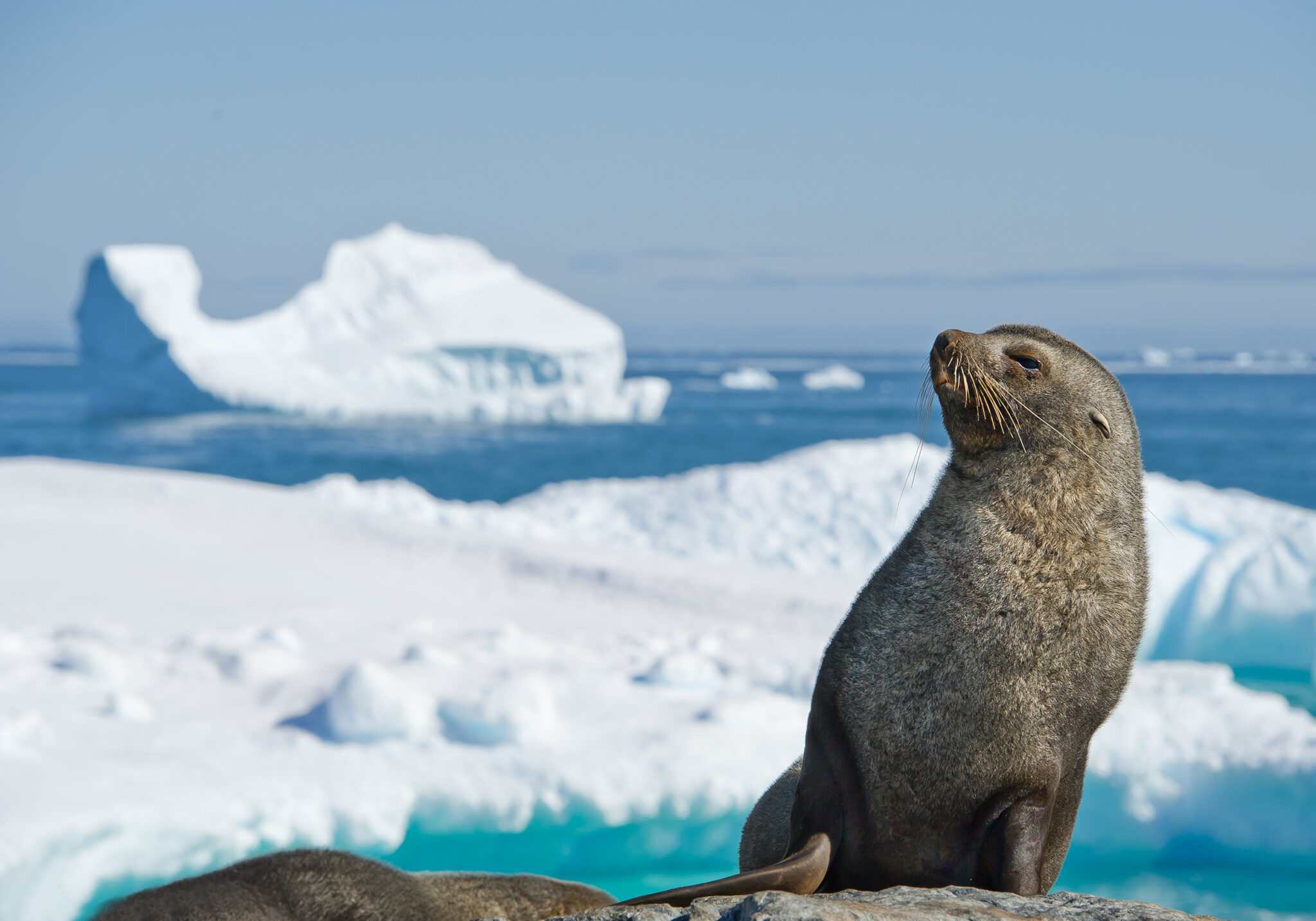
Water Covers 71% of Earth’s Surface
The amount of water on Earth hasn’t really changed since its creation; about 326 million trillion gallons. So, where is water found in the world? Around 97% is in the ocean (that’s a lot of dive site potential), while the rest is in glaciers, lakes, rivers, springs, in the soil and sky, and inside every living organism.
Here are more fun facts about water on Earth:
- Nearly 70% of all freshwater is frozen
- Less than 1% of Earth’s water can be used by humans
- Water over 2 billion years old has been discovered two miles (3km) underground
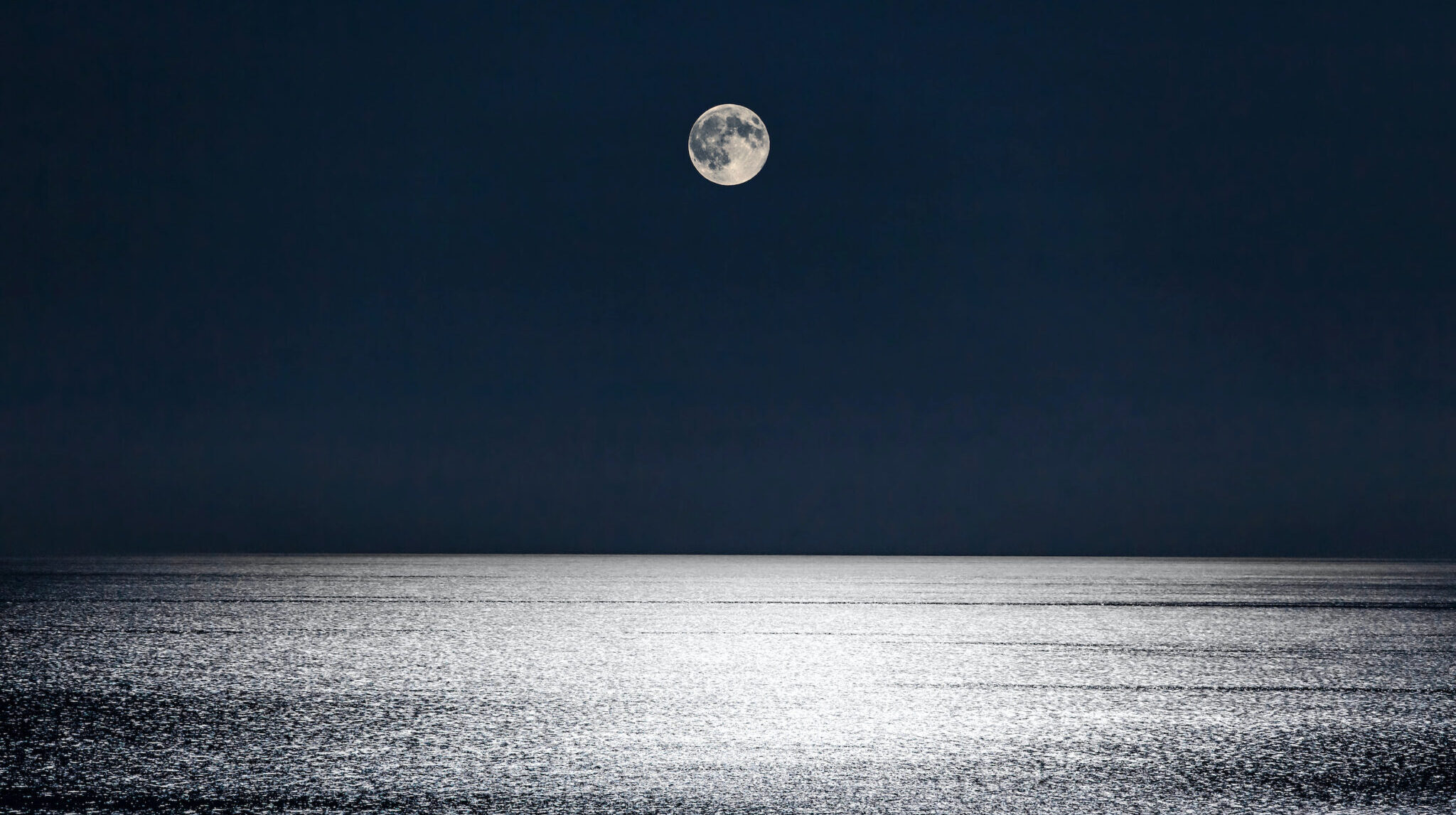
Some Water Comes From Space
While most water formed with the planet, some may have come from icy asteroids crashing to Earth. Water has also been detected on the Moon and other planets such as Mercury, Mars, and Saturn.
Don’t get excited about diving the Sea of Tranquility yet; space water typically exists as ice or vapor!
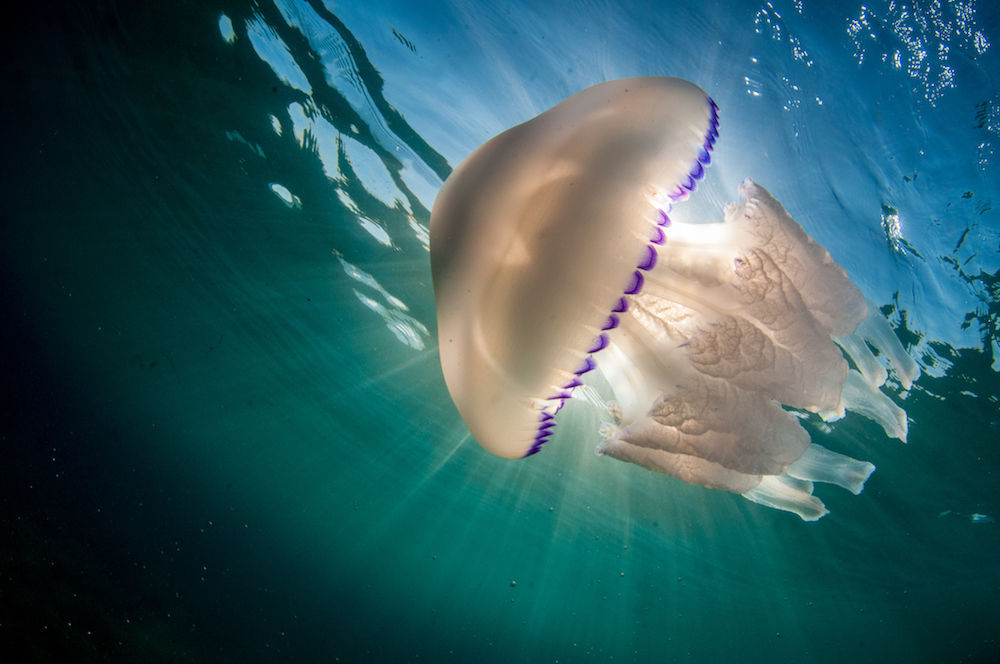
Our Brains Are 75% Water
Water is vital for all living things. Adult humans are roughly 60% water, trees are at least 50%, and jellyfish can be a hefty 95%!
Water helps our bodies to regulate temperature, carry nutrients and oxygen, protect joints and organs, and remove waste. That’s why hydration is so important; we can last a month without food but only a week with no water.
On the other hand, tardigrades can survive decades of total dehydration!
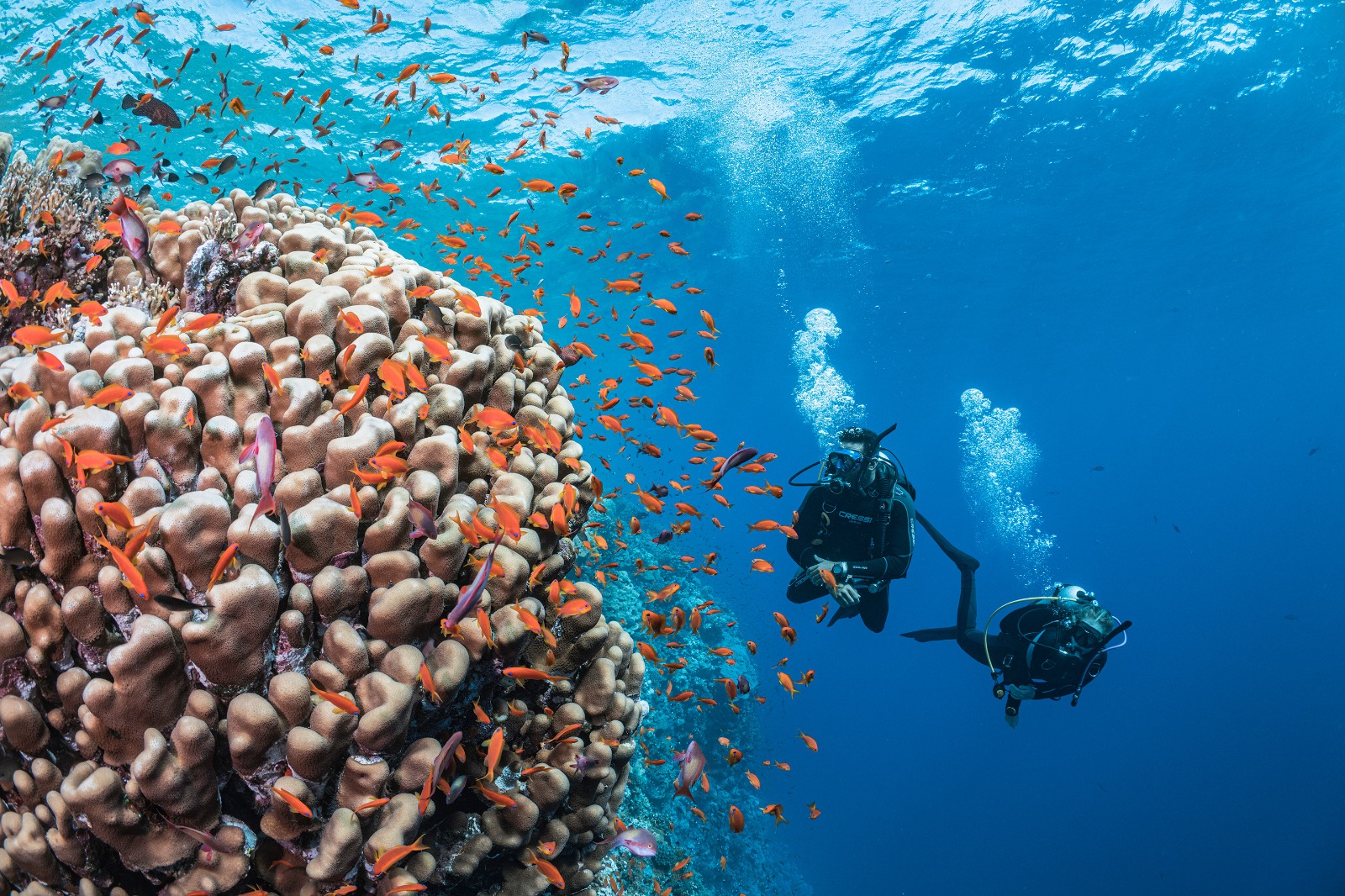
Water Isn’t Just For Drinking
There are many uses of water besides drinking, cooking, and washing:
- Growing food: Agriculture accounts for 70% of global freshwater use
- Manufacturing: Factories use water to dilute, heat, cool, clean, and transport materials
- Making energy: Hydropower generates about 15% of the world’s electricity
- Seeking adventure: Scuba diving, swimming, surfing, ice skating, snowboarding, and many other sports would be impossible without water!
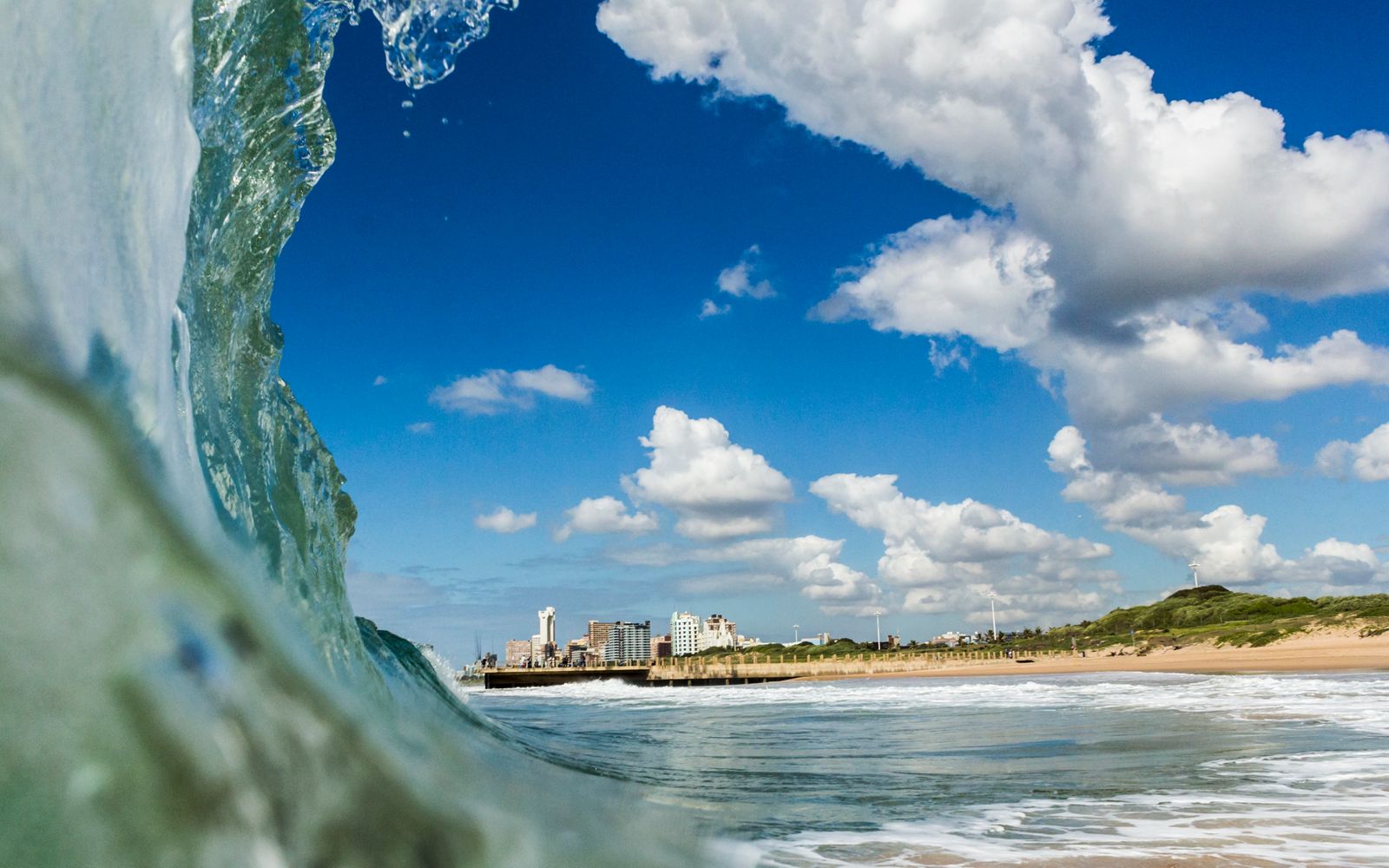
Fun Facts About Earth’s Water Cycle
In the water cycle, water evaporates from Earth’s surface into vapor, forms clouds, then falls down as rain, snow, or hail. In the ocean, cooler water sinks and creates currents. Water also has a high heat capacity, which is why sea temperatures don’t change much. These processes regulate the planet’s temperature, weather, and ecosystems.
In 100 years, a water molecule spends just one week in the atmosphere. Even so, there’s more water in the sky than in all our rivers – enough to cover the globe with an inch of water!

Water Floats on Water
Think about ice cubes in your drink or icebergs in the Arctic. Like most things, water gets denser as it cools. But, below 4℃ (39℉), water molecules form a crystalline structure that’s less dense than liquid water – so ice floats!
Similarly, freshwater floats on saltwater, because salt makes water denser. It’s the reason we need extra weight when diving in the sea compared to freshwater sites.
More cool water facts:
- When water freezes, it expands nearly 10%
- If ice sank, then entire oceans would freeze solid
- The saltiest water on Earth has 12 times more salt than the sea
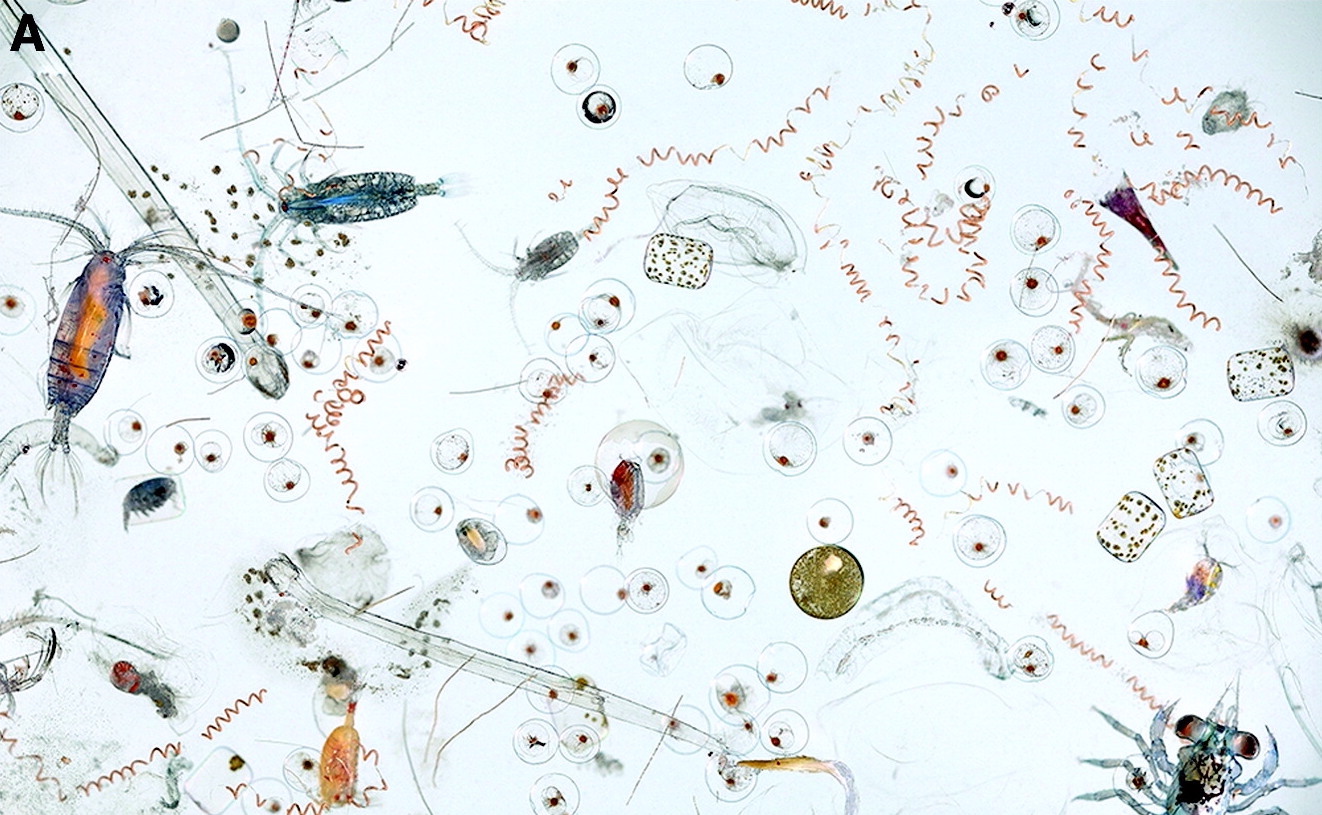
Water Contains Millions of Tiny Creatures
Under a microscope, water from oceans, lakes, or rivers reveals a thriving ecosystem. Indeed, a single drop contains thousands of microscopic organisms – such as bacteria, plankton, fish eggs, and baby crustaceans.
This is why water needs treating before it’s safe to drink (and another incentive to rinse your gear after every dive!)
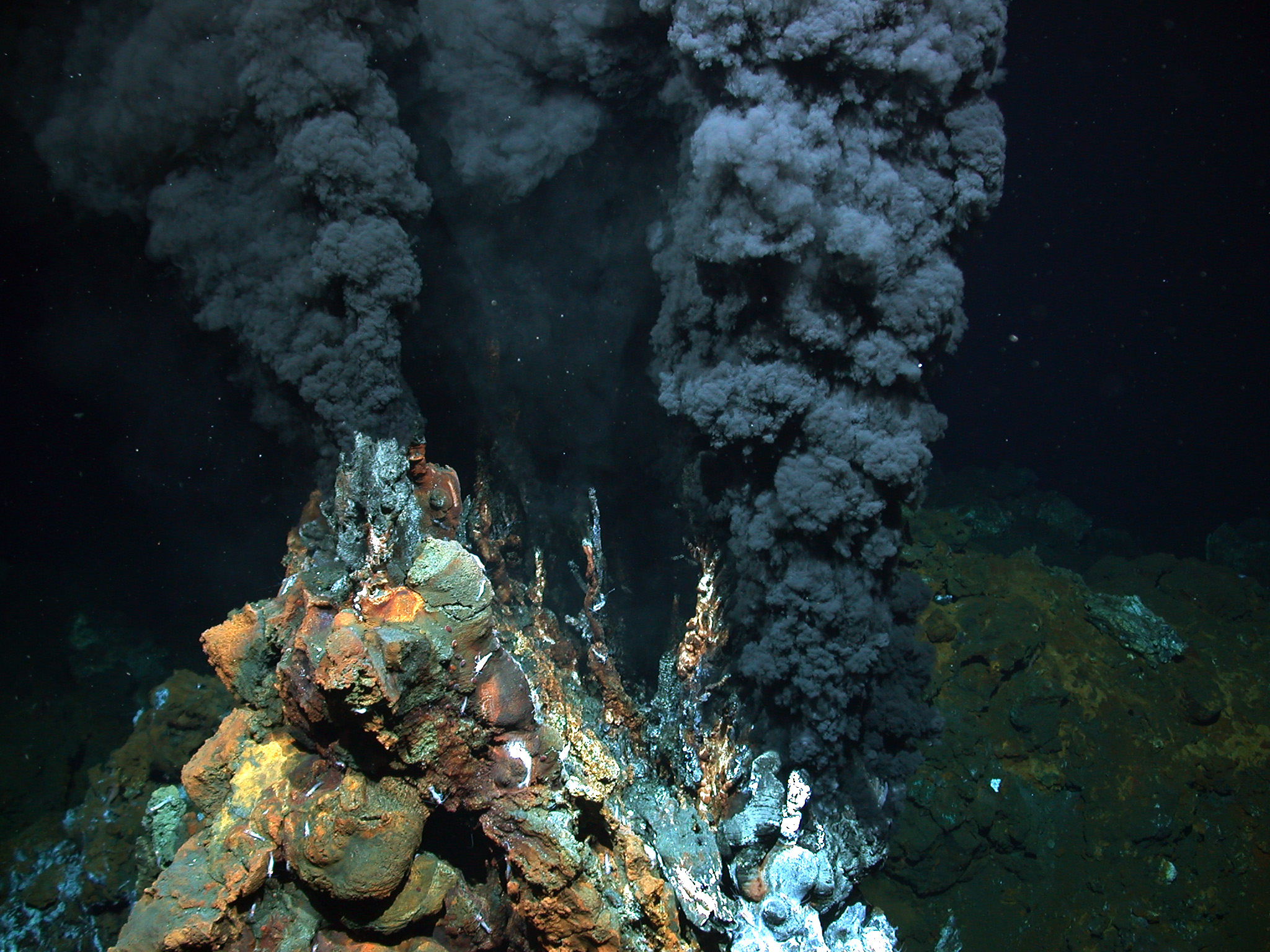
Boiling Point Isn’t Always 100℃ (212℉)
At the top of Mount Everest, where air pressure is lower, the boiling point of water is just 68℃ (154℉). Meanwhile, in deep seas, where the pressure can be 500 times greater than on land, the water next to hydrothermal vents never boils – despite being over 400℃ (750℉).
One of the little known water facts is that hot water sometimes freezes faster than cold water. The Mpemba Effect is an unsolved mystery that continues to baffle scientists!
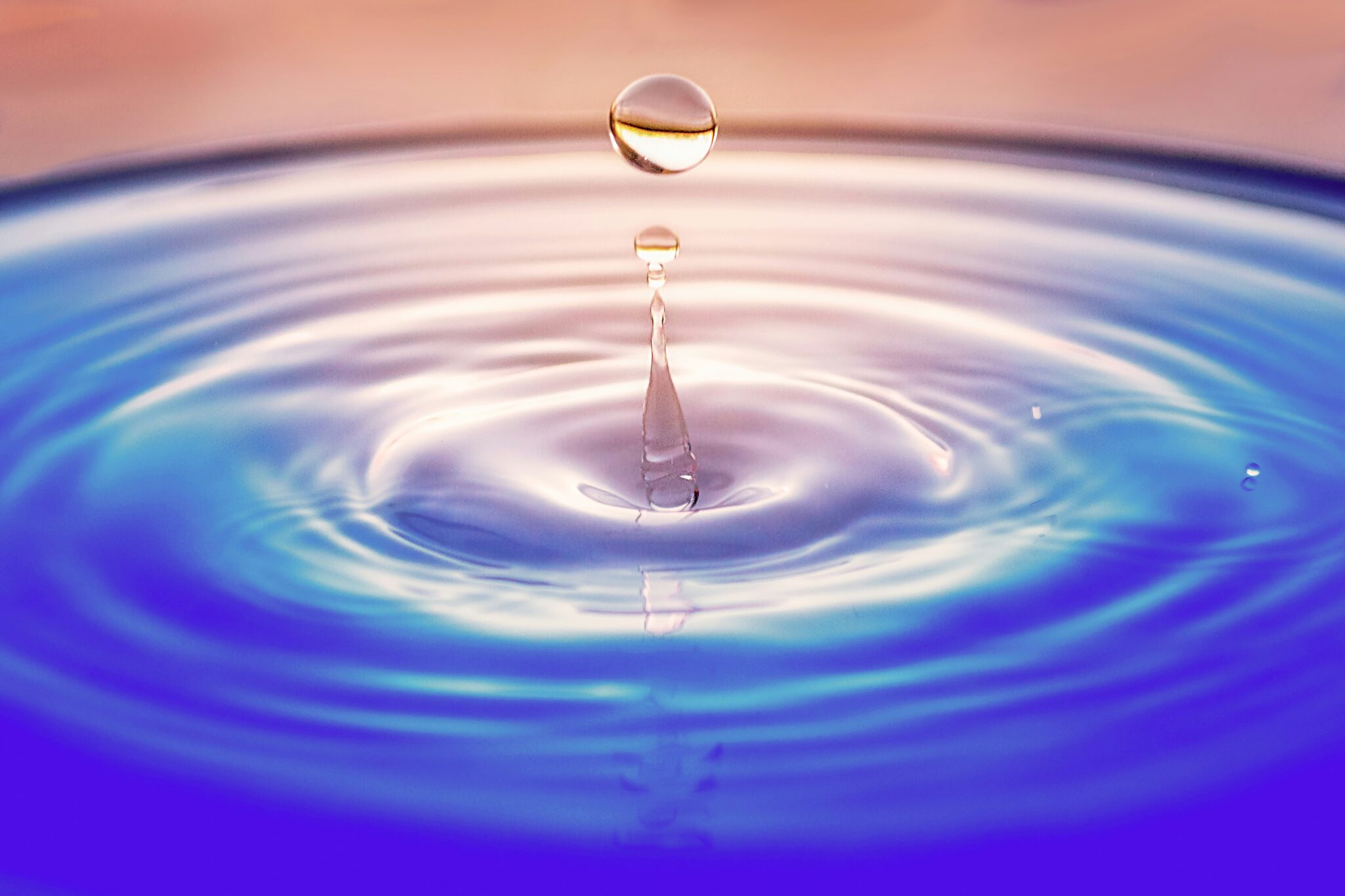
Water Defies Gravity
Water’s unusually high surface tension, cohesion, and adhesion means it can travel against gravity using capillary action. This process is life-giving for plants, and you can observe it by dipping a paper towel in water.
These properties of water explain how small insects can “walk on water” and why water droplets are perfectly rounded.
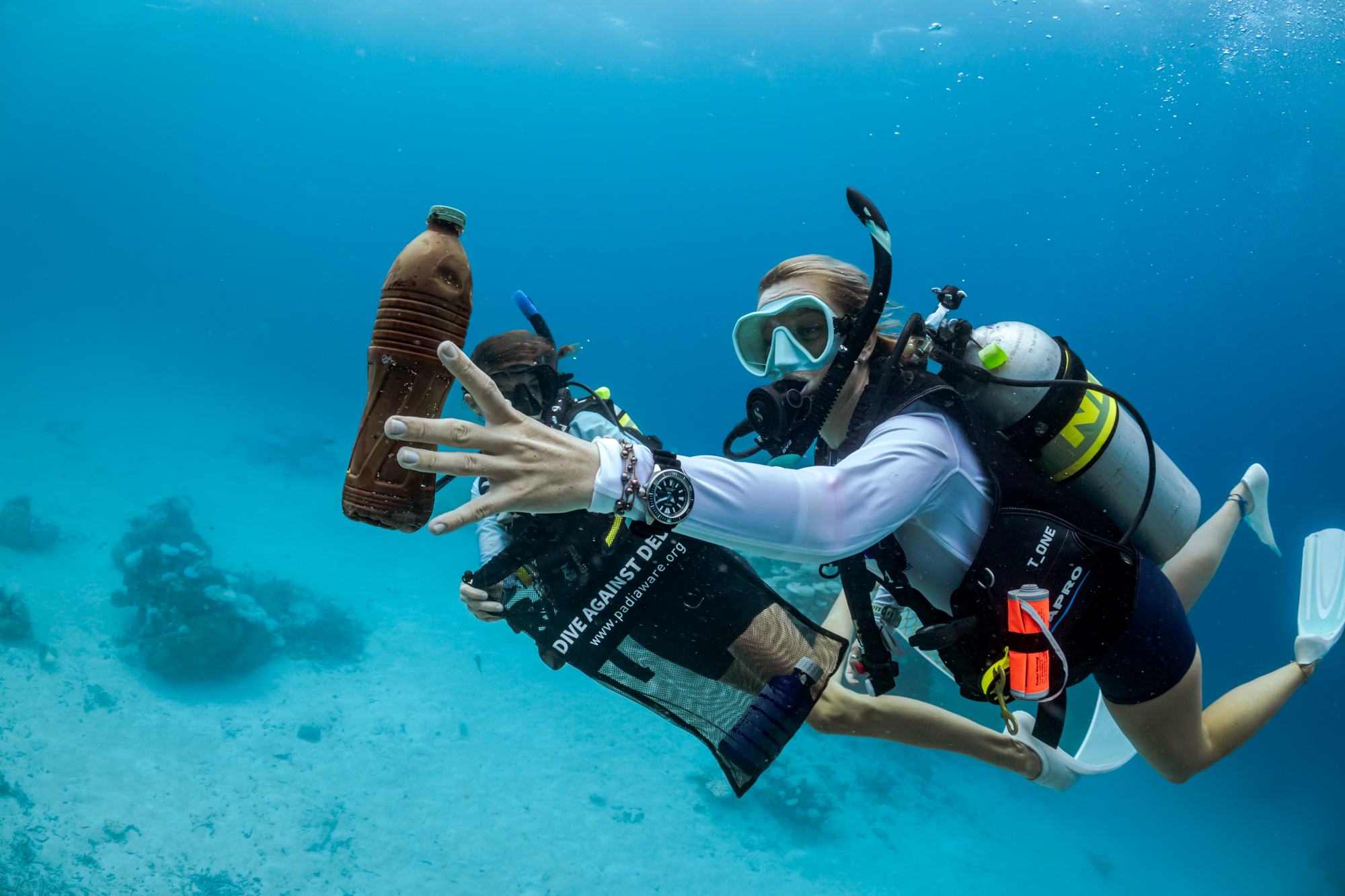
Not So Fun Facts About Water
Did you know almost two-thirds of the world’s population has severe water shortages for at least one month each year? Or that there could be more plastic than fish in the ocean by 2050?
Water is undeniably important, and though climate change and pollution are big threats, we can make a difference by:
- Saving water – try this calculator for tips
- Reducing your carbon footprint
- Eating and drinking sustainably
- Avoiding plastic and other pollutants
Seek Adventure. Save the Ocean.
As scuba divers, we’re in a unique position to take local action for global impact. Join the Ocean Torchbearer™ community and be part of a powerful movement to restore ourselves, our communities, and the blue planet we call home.
